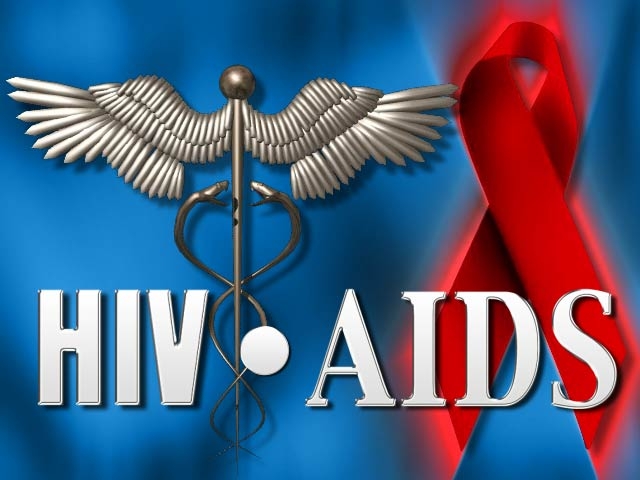Some extremely good medical research news coming out of Australia after doctors announced that they are on the verge of being able to develop a treatment that will cure HIV/AIDS. The cure goes beyond promising as the head researcher says the procedure “works every time.”

|
Advertisement |
The apparent miracle breakthrough comes courtesy of David Harrich, a researcher working on autoimmune disease cures since 1989.
He uncovered a method that changes the proteins which allow the virus to replicate and spread as a way to nullify the virus within a host.
The change, in essence, prevents the virus from replicating in the host by mutating the HIV virus, called Nullbasic, and it is thought to prevent the virus from causing further harm to the immune system.
The breakthrough reportedly happened back in 2007 while Harrich was conducting research at the Queensland Institute right before funding for his project was set to expire.
“With money running out, I had my PhD student try one more experiment in late 2007. The experiment was to test if Nullbasic could render HIV non-infectious. The student came back and said it worked, so I told him to do it again and again and again. It works every time,” Harrich told The Australian Times.
A paper that was published by Harrich and his team of researchers revealed that a possible cure for AIDS could be developed that utilizes the findings of his work of preventing the virus to replicate, essentially stopping the deadly virus from maturing within the host.
“By modifying the proteins that make up HIV into a mutated form, referred to as Nullbasic … [Harrich’s] research team [has] determined that it is possible to block the process of reverse transcription that allows HIV to damage the immune system. This would ultimately render the virus inert, preventing the condition of those infected with HIV from deteriorating further,” Harrich said.
Harrich’s team is slated to begin testing the effectiveness of his new process on lab mice in 2013 to test the effectiveness of the treatment against the virus at varying infection stages. Should the test prove fruitful, clinical trials could begin within the decade.


